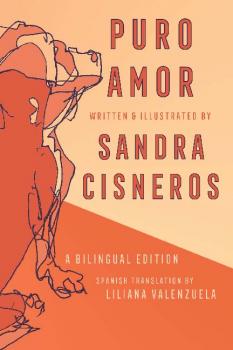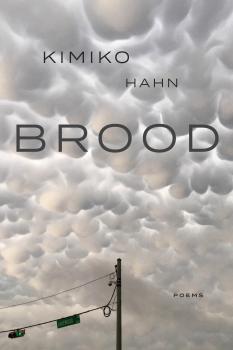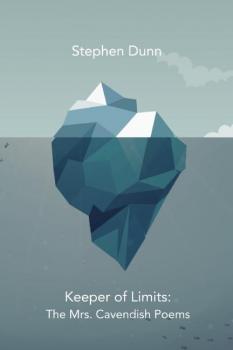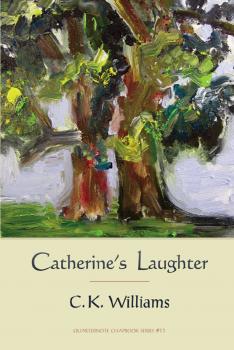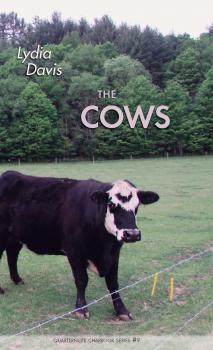ТОП просматриваемых книг сайта:
Quarternote Chapbook Series
Скачать книги из серии Quarternote Chapbook SeriesАннотация
Sandra Cisneros has a fondness for animals and this little gem of a story makes that abundantly clear. “La casa azul,” the cobalt blue residence of Mister and Missus Rivera, overflows with hairless dogs, monkeys, a fawn, a “passionate” Guacamaya macaw, tarantulas, an iguana, and rescues that resemble “ancient Olmec pottery.” Missus loves the rescues most “because their eyes were filled with grief.” She takes lavish care of her husband too, a famous artist, though her neighbors insist he has eyes for other women: “He’s spoiled.” “He’s a fat toad.” She cannot reject him. “…because love is like that. No matter how much it bites, we enjoy and admire the scars.” Thus, the generous creatures pawing her belly, sleeping on her pillow, and “kneeling outside her door like the adoring Magi before the just-born Christ.” This beautiful chapbook is bi-lingual and contains several illustrations—line drawings by Cisneros herself.
Аннотация
In Brood, Kimiko Hahn trains her eye on the commonplace—clothespins, bees, papaya, perfume, poached eggs, a sponge, fire, sand dollars—and reveals their very essence in concise evocative language. Underlying these little gems is a sense of loss, a mother's death or a longing for childhood. «Brood» connotes the bundling of family or beasts, but also dark thinking, and both are at play here where the less said, the better. Kimiko Hahn is the author of ten books of poetry, including most recently, Brain Fever (Norton, 2014). She has received numerous honors, including the PSA's Shelley Memorial Prize, the PEN/Voelcker Award, and fellowships from the National Endowment for the Arts, Guggenheim Foundation, and New York Foundation for the Arts. She is a distinguished professor in creative writing at Queens College (CUNY) and lives in Forest Hills, New York.
Аннотация
A Pulitzer Prize-winning author details an unconsummated love affair that sustains political, philosophical, and sexual interest over a lifetime. The truth is always differentfrom what anyone says out loud,but who really cares? Not I, said the manI chose to be, nor I nor I nor I—among the many of us she left teetering. Stephen Dunn is a Pulitzer Prize winner and the author of seventeen collections of poetry, most recently Lines of Defense , Here and Now , and What Goes On: Selected & New Poems: 1995-2009 . He teaches at Richard Stockton College of New Jersey.
Аннотация
Аннотация
Winner of the Man Booker International Prize"You read Lydia Davis to watch a writer patiently divide the space between epiphany and actual human beings by first halves, then quarters, then eighths, and then sixteenths, into infinity," says The Village Voice. Indeed, Lydia Davis is mathematician, philosopher, sculptor, jeweler, and scholar of the minute. Few writers map the process of thought as well as she, few perceive with such charged intelligence.The Cows is a close study of the three much-loved cows that live across the road from her. The piece, written with understated humor and empathy, is a series of detailed observations of the cows on different days and in different positions, moods, and times of the day. It could be compared to some sections of Wallace Stevens' «Thirteen Ways of Looking at a Blackbird» or to Claude Monet's paintings of Rouen Cathedral.Forms of play: head butting; mounting, either at the back or at the front; trotting away by yourself; trotting together; going off bucking and prancing by yourself; resting your head and chest on the ground until they notice and trot toward you; circling each other; taking the position for head-butting and then not doing it.She moos toward the wooded hills behind her, and the sound comes back. She moos in a high falsetto before the note descends abruptly, or she moos in a falsetto that does not descend. It is a very small sound to come from such a large, dark animal.

